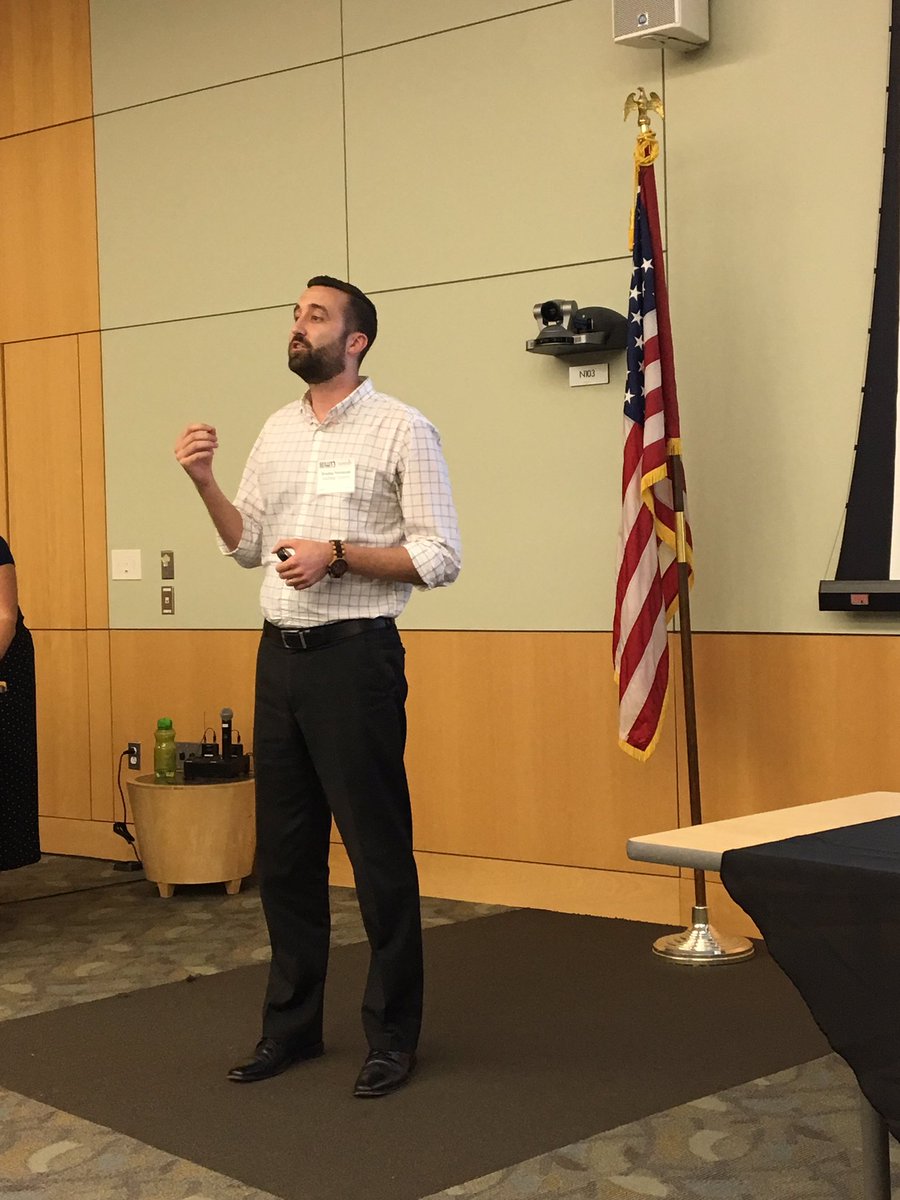NextStep Robotics raised $500,000 in new funding that will help the company progress toward launch of its wearable device to treat a condition that’s common in stroke survivors.
The bridge round included participation from a pair of previous investors in the company. Maryland Momentum Fund, the venture fund of the University System of Maryland, invested $25,000 — the same amount it did in 2018 when NextStep became the then-nascent fund’s second investment. The Baltimore-based Abell Foundation, which makes early-stage investments with an eye toward creating jobs in Baltimore, also returned as an investor, along with new investor University of Maryland Global Campus.
Born out of a decade of research at the University of Maryland, Baltimore and Baltimore Veterans Affairs Motor Performance Laboratory, the three-year-old company’s robotic device and software are designed to treat foot drop, which limits a patient’s ability to lift a toe while walking. The device, called AMBLE, is worn by patients during therapy. The product also has a software component that uses AI and assigns training.
The funding will help NextStep as it works toward product launch and initial device placement with physical therapists, CEO Brad Hennessie said.
Based out of downtown Baltimore medtech startup studio the Maryland Development Center, the company has received a mix of investment and grant funding, including a cooperative agreement with the National Institute of Health National Institute of Neurological Disorders and Stroke worth up to $5.4 million. Through this, NIH researchers served as the principal investigator on research, and the company collaborated to create a pathway for the technology to be reimbursed via existing health insurance codes.
Hennessie has been a passionate voice for entrepreneurship that gets research from universities out into wider use. And like many founders, he is also looking ahead while moving the current project: The company sees additional treatment uses for the underlying technology, and recently received a grant through the Maryland Industrial Partnerships to explore arm training support with University of Maryland School of Medicine Physical Therapy and Rehabilitation Science professor Dr. Kelly Westlake.
“Our plan will first establish AMBLE as the ‘standard of care’ for foot drop, but we see great potential to develop other devices that, combined with our AI software, will be able to address other disabilities,” Hennessie said.







